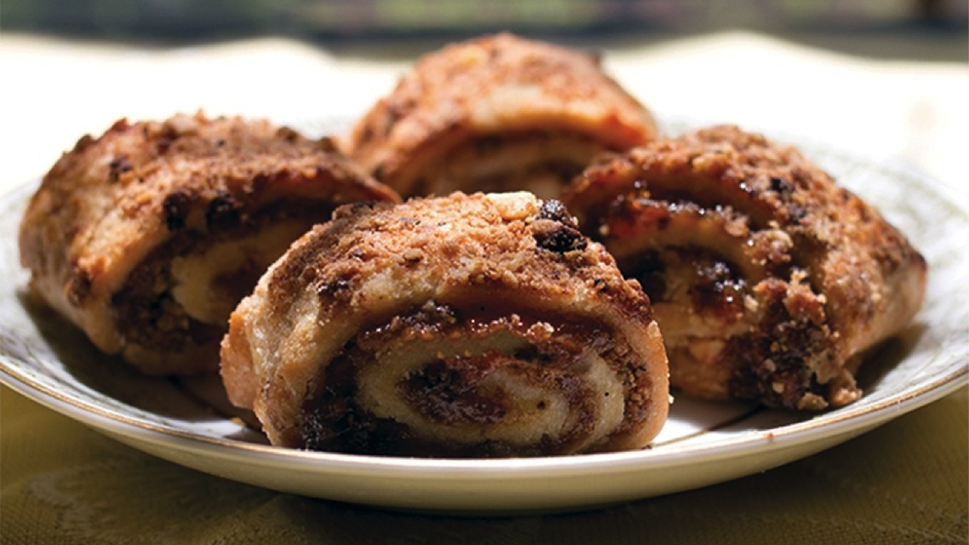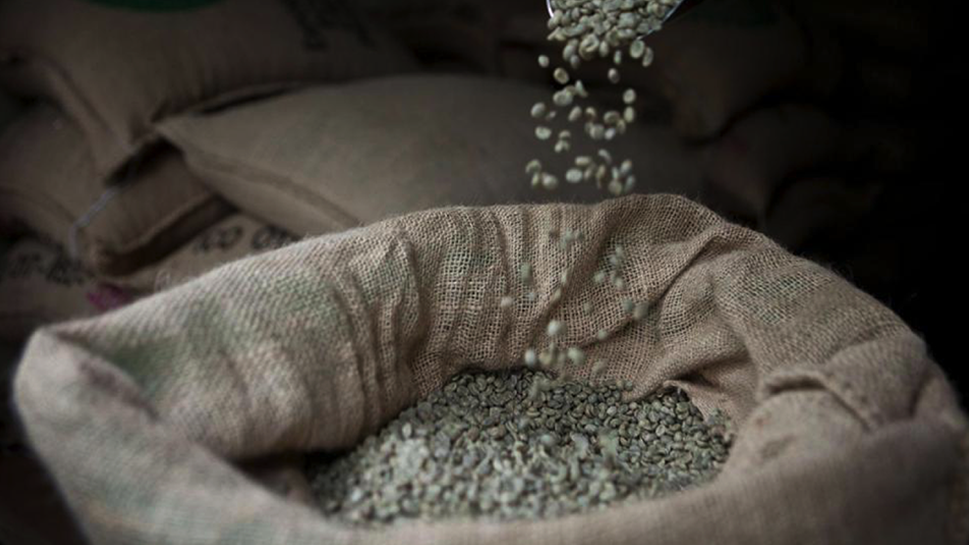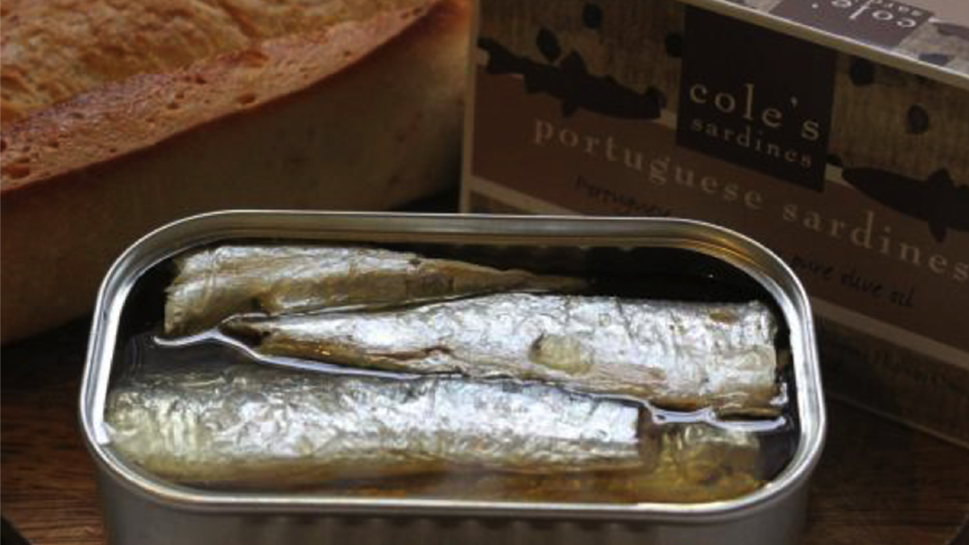A Chatham bakery finds that
going gluten-free creates a most memorable rugelach
Among the many over-reaching gluten-free offerings at farmers markets — from tofu pomodoro to kale pesto farinata — the rugelach from Gluten Free Bakery in Chatham comes as a surprise. Bad versions of Jewish baked goods are so commonplace it’s no longer considered heresy. Still, a gluten-free take on the diminutive, beloved rugelach sounds like culinary chutzpah.
But thank goodness for that audacity. The decades of bad rugelach we’ve endured are now over with baker Tim McGuire’s superb rendition, which elevates gluten-free to the realm of gourmet
A pastry of Eastern European origins, rugelach translates from Yiddish as “little twists.” It sounds modest enough, but working the ingredients requires some sleight-of-hand. Great rugelach gets its sweetness from a combination of ingredients, rather than from a heavy dose of sugar sprinkled on top.
Deconstructed, rugelach consists of pastry dough rolled around a thin layer of (traditionally) apricot or raspberry preserves and minced almonds, with raisins to counterbalance the sweetness with, well, more sweetness. In immigrant households, its consumption often followed a meal of smoked fish, bagels, and bialys. But it is a departure from those salty foods, more Viennese than shtetl.
There’s nothing restrictive about McGuire’s gluten-free version, in taste or components. Butter is the second ingredient, with cream cheese not far behind. Yet lack of gluten is an intriguing part of how he achieves a superb and — yes — traditional tasting pastry.
As with his other gluten-free creations, from honey cake to hamantaschen, McGuire, 45, is guided by descriptions that bakery owner Zvi Cohen provides from his own Brooklyn childhood. “He’s a big-gesture, big-idea gourmand, full of passions,” says McGuire, who trained as a Roman Catholic seminarian before apprenticing as a baker. “Zvi is Zorba the Greek. I’m his scholar. He calls me his Jesuit baker.”
Gluten Free Bakery came about in 2012 when it moved into the former location of Our Daily Bread, Cohen’s other bakery, which had outgrown the space. Early on, McGuire began experimenting with the rugelach, which is now central in his growing canon of gluten-free recipes.
“It unlocked the trouble I was having with pastry dough. It behaved perfectly,” he says. Gluten-free was a “solution, not a problem to solve.” He hit upon a mixture of white and brown rice flour, “but to get lightness and elasticity, you need a starch that’s slippery.” Sweet rice flour was the necessary third part of the trinity.
“That’s a key to mimicking the elasticity that’s in wheat,” says McGuire. “It affects the texture in a positive way. If gluten-free baking comes down to two or three challenges, that’s one of them.”
McGuire says that bakeries can lose the skill, especially when focused on making big batches. Rugelach must be hand-crafted and cut.
“I often had bits of good dough from the main dessert I made,” says McGuire, who worked in the Omega Institute kitchens in Rhinebeck for 10 years. “I would make for the staff what I call my ‘little baker’s fancy.’ It was always the best stuff. It was whimsical and off-the-cuff, produced with a lightness of spirit.”
It’s the same with making rugelach. In fact, it’s how he imagines rugelach first came into being. “The idea of grandmother cooking with leftover scraps — that’s alive in my baking.”
All of McGuire’s memories of his grandmother involve working with her in her kitchen. “She taught me how to make good things for people. I learned to bake like a grandmother.”


